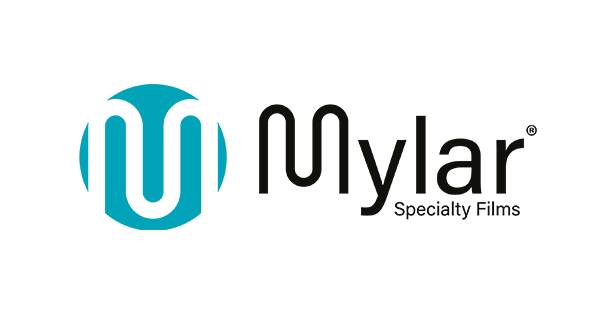DuPont Teijin Films new products at 2014 Printed Electronics Exhibition
This year at Printed Electronics Europe 2014 DuPont Teijin Films will be showcasing a new series of clear films for the flexible electronics market designed to reduce haze and eliminate the iridescence commonly found with polymer films containing refractive index mismatched coating layers. Melinex® TCH index matched polyester films provide transparent conductor film manufacturers and users a clean, clear surface with superior optical properties. The growing handheld touch panel market has created the need for thin, durable transparent conductor films, and these require advanced flexible film substrates, the MELINEX® TCH Series now provides our customers with cost effective substrate solutions that are ideal for current and future consumer electronics applications.
DuPont Teijin Films is also exhibiting the new product development ‘Clean-on-Demand’ PET polyester film that could boost yields and cut costs for roll-to-roll (R2R) production of flexible electronics. The new film features a protective layer that is coextruded with the PET polymer during film manufacture. The protect layer keeps the active surface of the film clean and free from particulate contamination until it is used, reducing defects. Initial trials indicate that the improved surface cleanliness and excellent smoothness allow high quality barriers to be created using less barrier material, significantly reducing manufacturing costs. In tests performed at Holst Centre1, the Clean-on-Demand film with a single-layer silicon nitride barrier has already achieved water vapor transmission rates of just 5 x 10-5 g / m2 / day – around an order of magnitude better than today’s commercially available films.
Visit us at Printed Electronics 2014 stand C02
About Holst Centre
Holst Centre is an independent open-innovation R&D center that develops generic technologies for Wireless Autonomous Transducer Solutions and for Systems-in-Foil. A key feature of Holst Centre is its partnership model with industry and academia around shared roadmaps and programs. It is this kind of cross-fertilization that enables Holst Centre to tune its scientific strategy to industrial needs.
Holst Centre was set up in 2005 by IMEC (Flanders, Belgium) and TNO (The Netherlands) with support from the Dutch Ministry of Economic Affairs and the Government of Flanders. It is named after Gilles Holst, a Dutch pioneer in Research and Development and first director of Philips Research.
Located on High Tech Campus Eindhoven, Holst Centre benefits from the state-of-the-art on-site facilities. Holst Centre has over 180 employees from around 28 nationalities and a commitment from more than 45 industrial partners. www.holstcentre.com.

